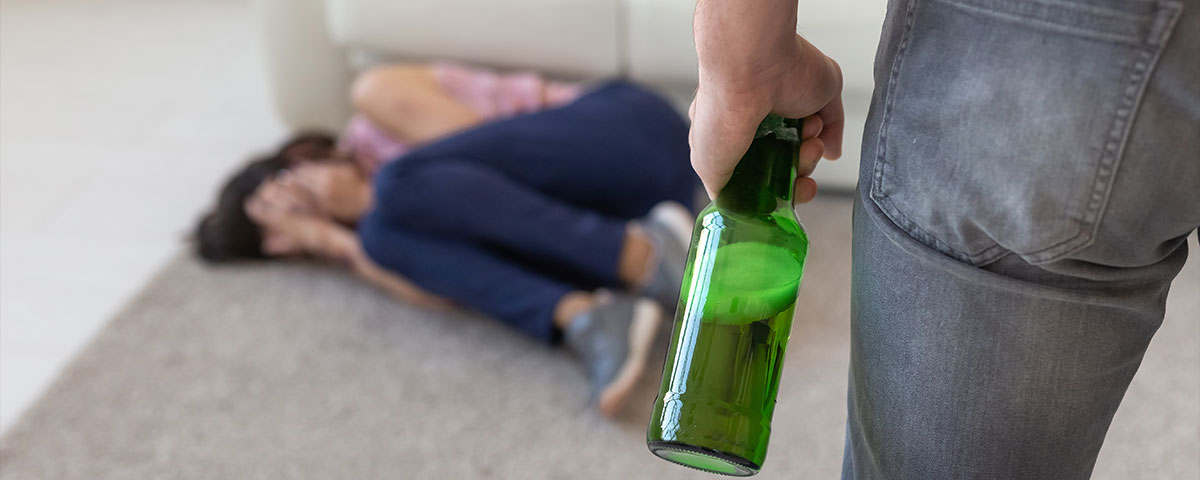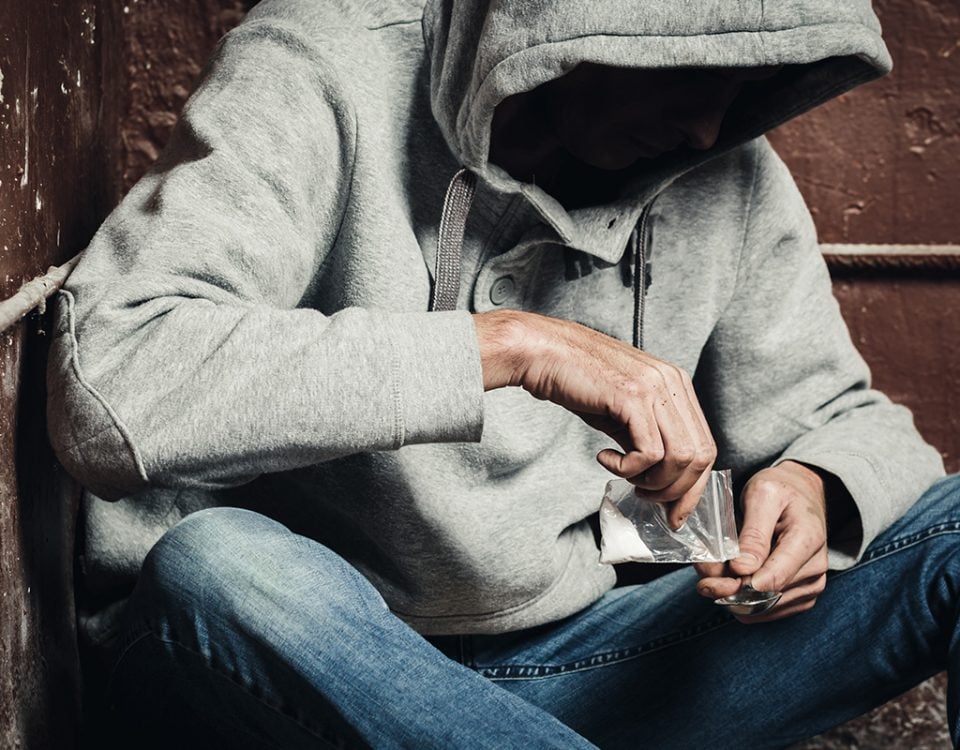While you may have heard of secondhand smoking, you may not have heard of secondhand drinking (SHD).
We usually don’t think about what happens to people who spend a lot of time around a person who abuses alcohol, but you could compare it to secondhand smoking. Our drug and alcohol treatment center in Pompano is sharing a quick guide to secondhand drinking that explains this common phenomenon that’s rarely ever spoken of.
What Is Secondhand Drinking?
You may be familiar with secondhand smoking, but what does secondhand drinking mean? Secondhand drinking is a term used to describe the negative impact or effect a person’s alcohol abuse has on others. Alcoholism is a chronic disease; individuals who are dependent on alcohol don’t intentionally behave recklessly towards others. Rather, drinking behaviors are a result of the changes alcohol has caused in the way the individual’s brain functions.
Drinking behaviors are those that are caused by binge drinking. Some examples of common drinking behaviors include:
- Physical, verbal, or emotional abuse
- Confusing arguments or accusations may be difficult to understand or follow due to the person’s mental state after drinking excessively
- Physical altercations or fights
- Drunken arguments
- Domestic violence or abuse
- Driving while under the influence of alcohol
- Legal problems caused by drinking
- Issues at school or work
- Being loving while drunk, but cold while sober
- Sexual assault
- Bullying
- Neglect
Although these behaviors are generally never intentional, they can have a horrible effect on others. It can be nearly impossible for a person with alcoholism to control their drinking or their drinking behavior. That doesn’t take away from the fact that they still have to take responsibility for their actions. At Banyan Pompano, we offer a variety of treatments for substance abuse disorders, including alcoholism. Within these rehab programs, we incorporate various addiction therapies to ensure that each facet of their condition is addressed.
Binge Drink vs. Secondhand Binge
Secondhand drinking is actually a more common issue than you may think. According to a 2015 study, the effects of secondhand drinking hurt 53 million Americans each year; that’s one in five U.S. adults.1 The number of individuals affected by secondhand drinking is predicted to have increased since then. But what’s the difference between binge drinking and secondhand drinking? While binge drinking refers to a person’s excessive consumption of alcohol, a secondhand binge refers to the effects of being around others who drink excessively. Unlike secondhand smoking, however, where the cigarette smoke itself is affecting the people around a smoker, it’s not the alcohol itself that’s affecting the people around a binge drinker. Instead, a secondhand binge is more indirect; it’s the ripple effect that results from drinking behaviors.
Effects of Secondhand Drinking
One study on the consequences of binge drinking and alcohol abuse among college students pointed out that the secondhand effects of binge drinking place non-binge drinking students or abstainers at a higher risk of having their sleep and studies disrupted, suffering from injury, and experiencing sexual assault.2 People who are often in the company of someone who drinks excessively may experience several problems.
Some common effects of secondhand drinking include:
- Being hurt or injured by the person or as a result of the person’s behavior
- i.e. being physically assaulted by the individual
- Being sexually assaulted by someone who drinks heavily
- Columbia University’s National Center on Addiction and Substance Abuse claims that alcohol is involved in 90% of campus rapes3
- Relationship problems with the individual
- Domestic violence
- Blaming yourself for the person’s drinking behaviors
- Low-self esteem
- Difficulties concentrating at work or school
- Taking medications to sleep or manage anxiety or depression
- Losing friends or other relationships
- Developing a substance abuse disorder
Child custody and substance abuse are also common enemies. A couple that’s struggling with binge and secondhand drinking can also lose custody of their children. Binge drinking can also cause a variety of health problems, most commonly liver disease. Although this could be a devastating experience, help is available.
How to Recover from Secondhand Drinking
Secondhand drinking damage can be difficult to recover from. Many people who struggle with drug or alcohol abuse may deny they have a problem. If you know someone in denial about their problem, the first thing you should do is set up an intervention for them. Intervention services like the ones we offer at our rehab facility bring the addict’s loved ones together so they can share their concerns. This is also the first step in recovering from secondhand drinking because it can introduce a path to closure for the person on the receiving end of alcohol abuse. After a successful intervention, the individual should then receive substance-specific treatment. At Banyan Treatment Centers Pompano, we offer an alcohol addiction treatment that addresses the emotional and physical side effects of alcohol abuse, promoting full and healthy recovery.
For those who have been on the receiving end of binge drinking, our addiction rehab in Pompano also offers a family program and services that provide a safe environment where loved ones of addicts can recover as well. We provide different therapies, including individual therapy sessions with our licensed therapists. A full recovery can only be achieved when every person is on board.
If you or someone you know is struggling from addiction or has been impacted by someone’s substance abuse, we can help. Call us now at 888-280-4763 for more information about the addiction services we offer.









